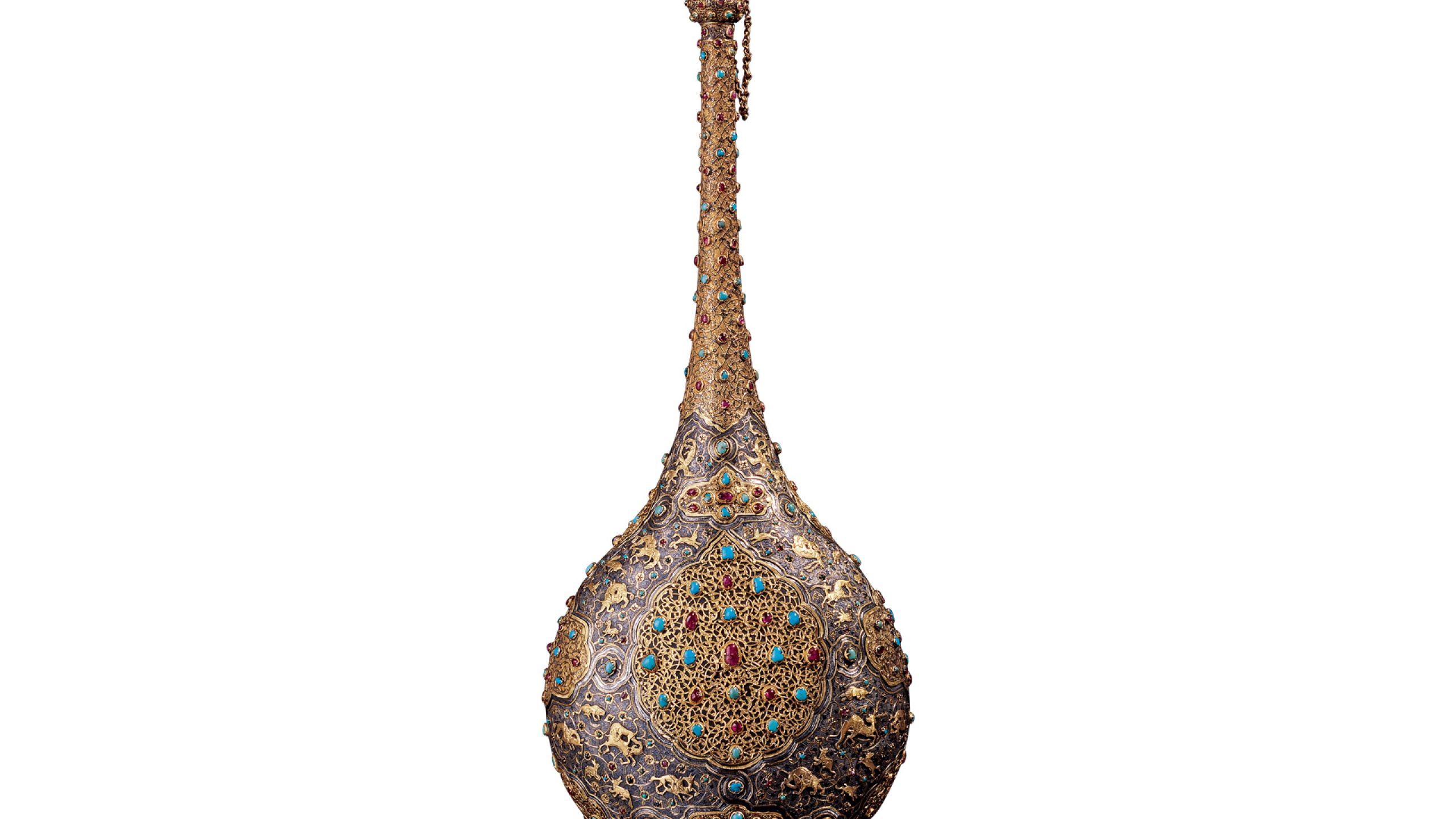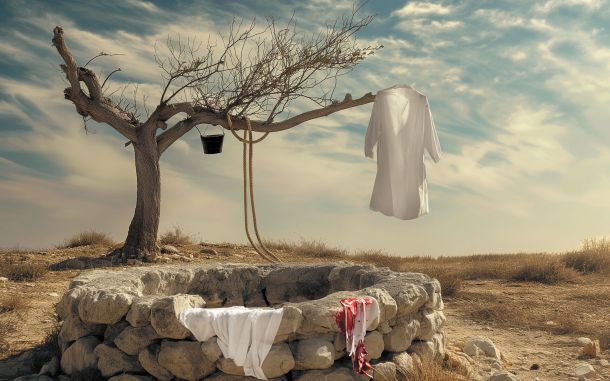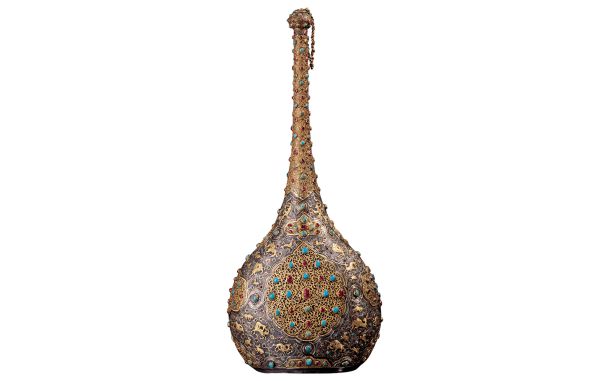Editorial: From Taj Mahal to Gregor Samsa

The adage goes that the humankind can go up, even higher than angels, and they can go low, even lower than beasts. This is an extremely broad range, and we are created with the potential to “excel” in both directions. One can see the height of excellence the humankind can reach in beauty, art, and spirituality in, for instance, Taj Mahal, and ugliness, distaste, and moral decay in Kafka’s The Metamorphosis. Looking at the first, one is enchanted with the harmony in every detail of the monument, while encouraged to contemplate on an eternal life hoping to meet with the loved ones. Looking at the second, one is horrified to see the loneliness of Gregor Samsa as he transformed from being the sole breadwinner of his family to a giant insect which is isolated and hated by the same family. In this issue of The Fountain, we are invited to cherish beauty in its best by M A Mufazzal, and contemplate Samsa’s metamorphosis by Vaidehi Bhardwaj in the context of our modern age where we are all going through something not much different.
Journeying between these poles, as we read in the Emerald Hills of the Heart section (safar), we hope to be “freed from living a restricted life with carnal or bodily concerns and bounds, and turning to God on the horizon of the heart.” Imagine how much Gregor Samsa would have wished to be freed from his room and the physical boundaries of his deformed body. One way of suffering from this metamorphosis is to assume luxuries to be essential needs. The lead article titled “Fantasies and Necessities” explains that even societies can collectively collapse and become deprived of their freedoms when our minds become slaves to our whims and desires; our reason bound by tradition; our willpower weakened; and our judgment impaired by the narrowness of imitating others – thus, we live “in misery as victims of the age, chasing one luxury after another.”
Samsa’s isolation was a forced one – it did not happen out of his free will to renounce the world, but perhaps from fear of harm and miserliness. The Q&A section explores a balanced asceticism, which “involves renouncing worldly pleasures and completely removing the desires for the material world from one’s heart” and defines “relationship with the world based on necessity and need,” tying perfectly with the Lead Article.
“Silent Messages” explains the language of our organs and how important it is to be able to decipher their communication using medicine. “The Concept of Time” presents a broad spectrum of this mysterious, intangible phenomenon we cannot do without. “Talk Like Ted” gives a brief summary of the eponymous bestseller, revealing the secrets of top public speakers today and in the past.








